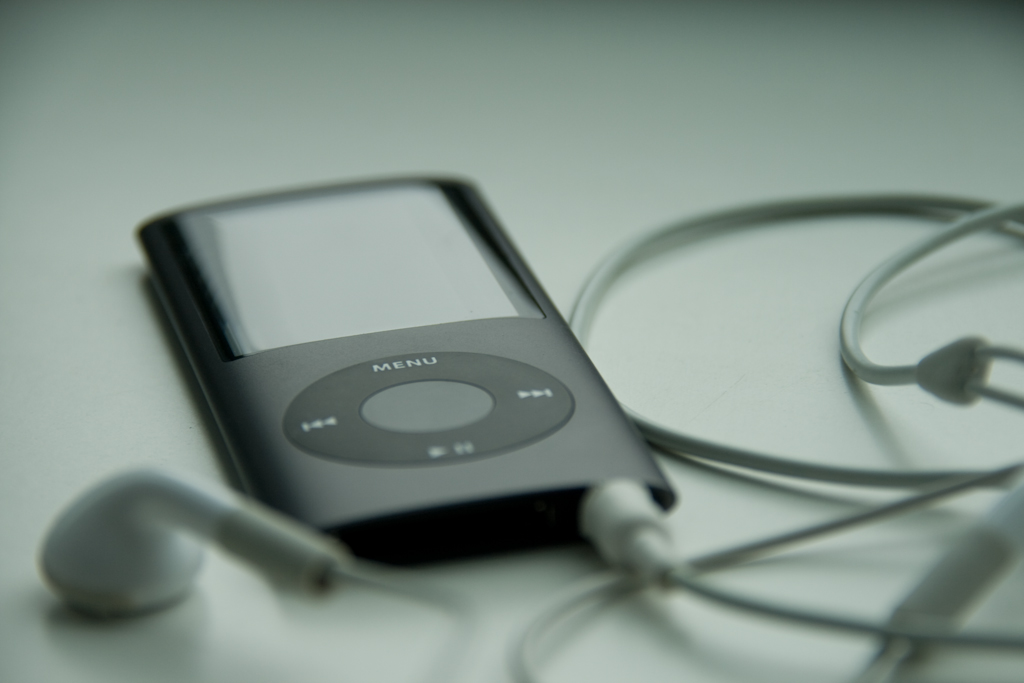How much music do you listen to? The average American listens to about four hours of audio a day, with more than half of that music originating from a radio. Music plays an important role in all of our lives; some even claim that music is necessary for survival. Music serves many diverse purposes, ranging from being a pastime to improving surgical performance. It is also used as an educational tool to encourage creativity and innovation in students. With all the benefits associated with music, one may assume that listening to music could not possibly cause any harm. Unfortunately, recent research has revealed that music can also have detrimental effects on our mental health.
Image Source: Paul Bradbury
Researchers found that people who listen to certain music in order to cope with negative emotions tend to experience more anxiety. A person experiencing health problems is often assumed to have a physical illness, but mental illnesses can be equally prevalent and damaging to one’s health, as it can lead to changes in behavior, changes in sleeping patterns, and even suicide. Emotion regulation is an important process for managing one’s emotions and it is particularly useful for those with mental health issues. The process involves the conscious manipulation of emotions by choosing to appropriately express or suppress certain forms of behavior in certain situations. A good example is a student choosing to suppress his anger and frustration by staring silently at his test paper instead of expressing it by screaming profanities.
Studies have shown the effectiveness of music as an emotional regulator. However, these positive results often come from professional practices of music therapy. In reality, many people who experience emotional instability tend to choose their own type of music for expressing their feelings without any input from music therapists. The researchers in this study discovered that people, particularly men, who listen to sad or aggressive music as a means of regulating negative emotions are actually harming themselves. They asked participants to note their music listening habits in response to emotional stress and found that, despite the effects of seeing a music therapist, participants who associated negative emotions with negative styles of music exhibited more signs of mental health issues, such as anxiety and neuroticism.
The results of this study can be useful for music therapists who are likely aware of the type of music used to combat mental health issues but may be unaware that their patients may unknowingly be reversing the benefits of therapy sessions by choosing to listen to other types of music on their own time. More generally, the findings could be extended to everyone by advising people to be more conscious about their choices of music and informing them of music’s role in mental health. As a result, the next time you are feeling sad, listening to happy tunes may do you more good than the new Adele single.
Feature Image Source: iPod by matthias.penke










